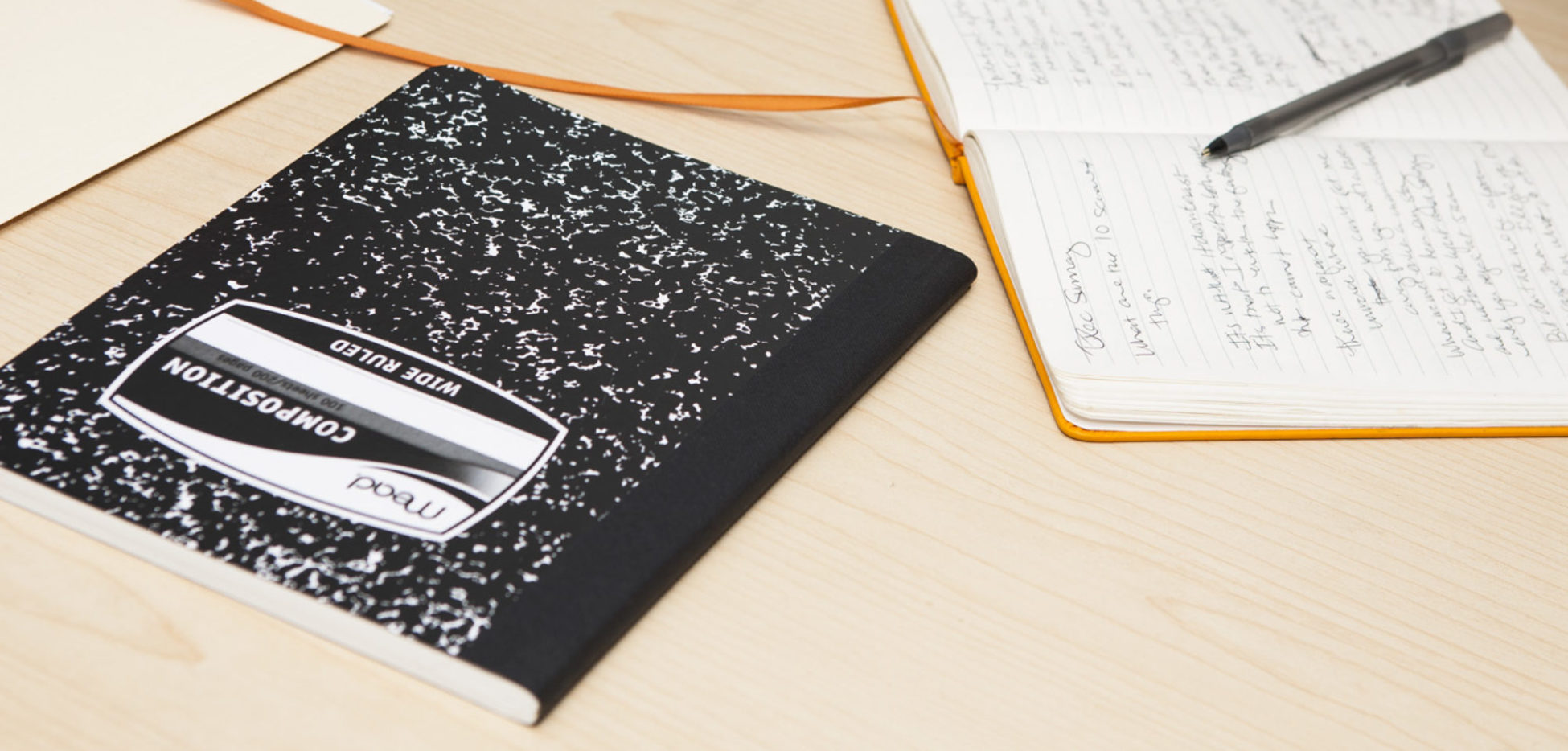From the moment you set your work down in permanent form, whether it be a recording, a scribble on a napkin, a photo on your cell phone, a file on your computer, or any other form, your work is protected by copyright law. This means that no-one can use your work without your permission (and you shouldn’t give permission randomly). This applies to any form of creative work, including arrangements, remixes, transcriptions, piano reductions, writing, drawing, photography, and too many more to list individually. Copyright does not apply to titles, short phrases or captions, Those may or may not be able to be protected by trademark, which is something different entirely.
You may have heard of the “poor man’s copyright,” which involved mailing a copy to yourself and leaving the envelope sealed. Unfortunately, that doesn’t provide you with any extra protection; that is an extra-legal means which is not generally recognized in a court of law, should you have a copyright violation of your work and your case goes that far. The copyright notice that you put on your works is there just to remind people; it does not provide any legal protection. (There was an older law that required a notice to maintain copyright; that was changed when the U.S. agreed to the 1989 Berne convention. Since that date, notices are optional.) The benefit to using the copyright notice is that a defendant cannot claim “innocent infringement,” that is, someone can’t claim that they didn’t know your work was copyrighted. Another benefit is that your name appears on your work, which means that someone can contact you in order to gain permission to use your work. (If you choose grant permission, make the person or organization requesting permission pay you something, even if it’s only the token one dollar amount. And get a receipt.)
A note about audio recordings: don’t use the © symbol. You need this symbol: Ⓟ. (Copy and paste this symbol all you like onto your computer; it is in the public domain.) This applies to containers of recordings: CDs, LPs, tapes, etc., but does not apply to computer sound files, only to physical objects.
In order to gain real legal protection for your work, you should register your works with the U.S. Office of Copyright. The fee for online registration is $35, which is quite reasonable to assure you the extra legal protection if you decide to produce creative work for publication. We provide copyright registration for you for a small fee (including copyrighting your work under a pseudonym) as an optional service, if you choose not to do it yourself.
